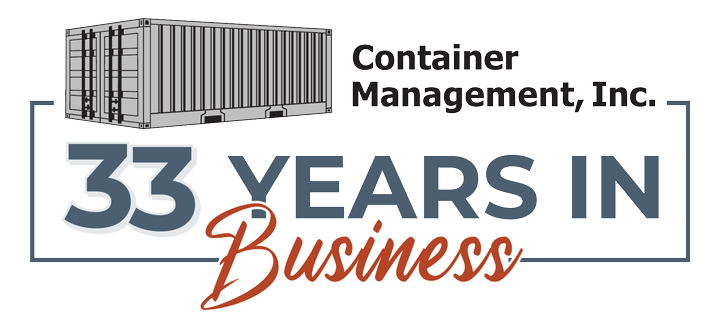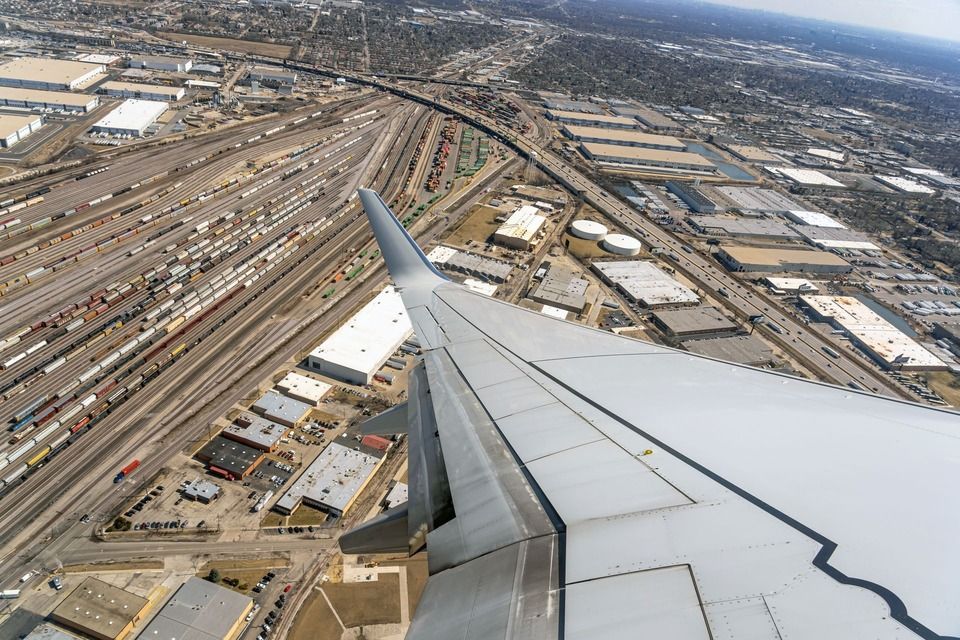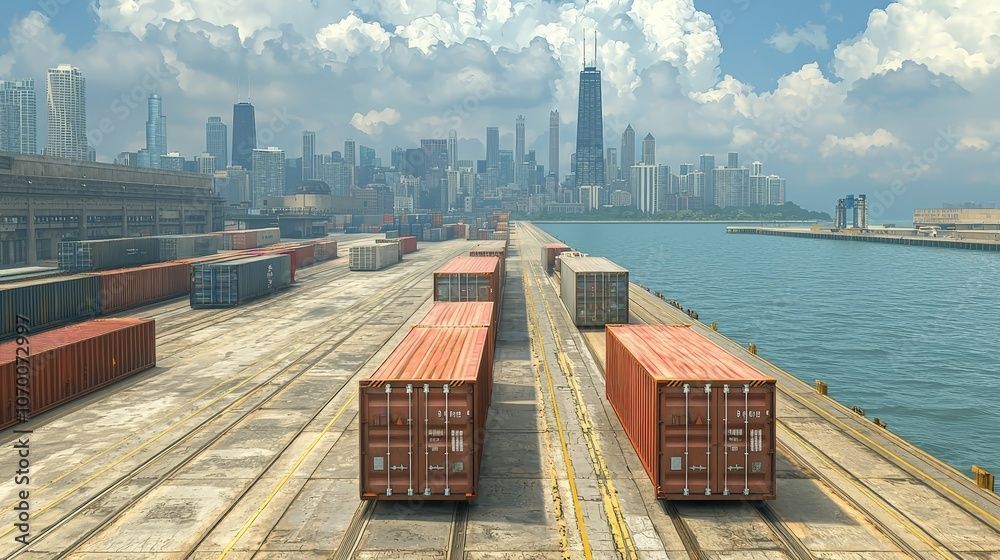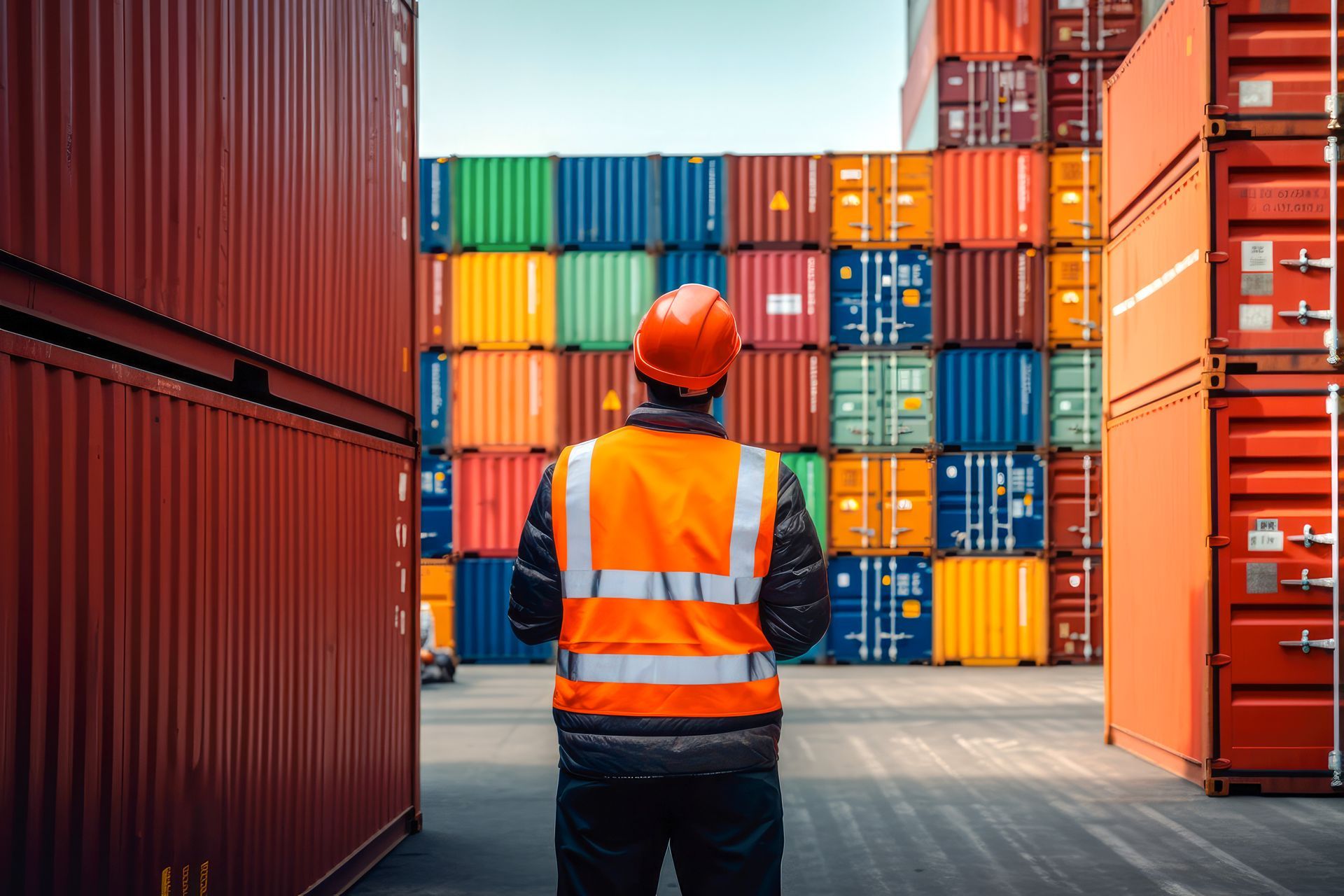This density of rail traffic is supported by vast rail yards, including Union Pacific’s Global Yard and BNSF’s Corwith Intermodal Facility, which enable the rapid transfer of shipping containers between trains and trucks. To address congestion and delays, the city and federal partners launched the CREATE Program—a $4.6 billion initiative to modernize rail infrastructure, untangle bottlenecks, and increase capacity across the network.
Chicago's Backbone: Global Intermodal Infrastructure and the Availability of Shipping Containers
Written by Susan Nalevac | May 16, 2025
In this Article:
- The Rail Hub of the Nation
- A Highway Crossroads Built for Commerce
- O'Hare International: A Cargo Powerhouse
- Inland Port Access: Chicago's Waterway Connection
- Intermodal Infrastructure: Where All Modes Meet
- Availability of Shipping Containers in Chicago
- Investing in the Future
- Conclusion: The Global Trade Engine in the Heart of the Midwest
When we think of global trade powerhouses, coastal ports like Los Angeles or New York often come to mind. But far from the ocean, in the heart of the Midwest, Chicago quietly plays a central role in the movement of goods around the world. Its secret? A world-class infrastructure system that connects railroads, highways, air cargo, and inland waterways with seamless efficiency.
The Rail Hub of the Nation
Chicago is the undisputed rail capital of North America. Six of the seven Class I railroads converge in the city, making it the only location on the continent where all major freight railroads meet. Roughly 25% of all U.S. freight rail traffic either originates, terminates, or passes through Chicago.
A Highway Crossroads Built for Commerce
Chicago’s highway infrastructure is equally impressive. Major interstates—I-55, I-57, I-80, I-88, I-90, and I-94—crisscross the region, allowing goods to reach more than half of the U.S. population within a day's drive. This makes it a prime location for logistics companies and distribution centers, which rely on fast, flexible shipping routes.
The Chicagoland area is home to some of the largest logistics parks in the country. Despite the challenges of congestion and aging roadways, recent infrastructure investments have aimed to expand capacity and upgrade key interchanges—critical for supporting the continued rise of e-commerce and next-day delivery demands.
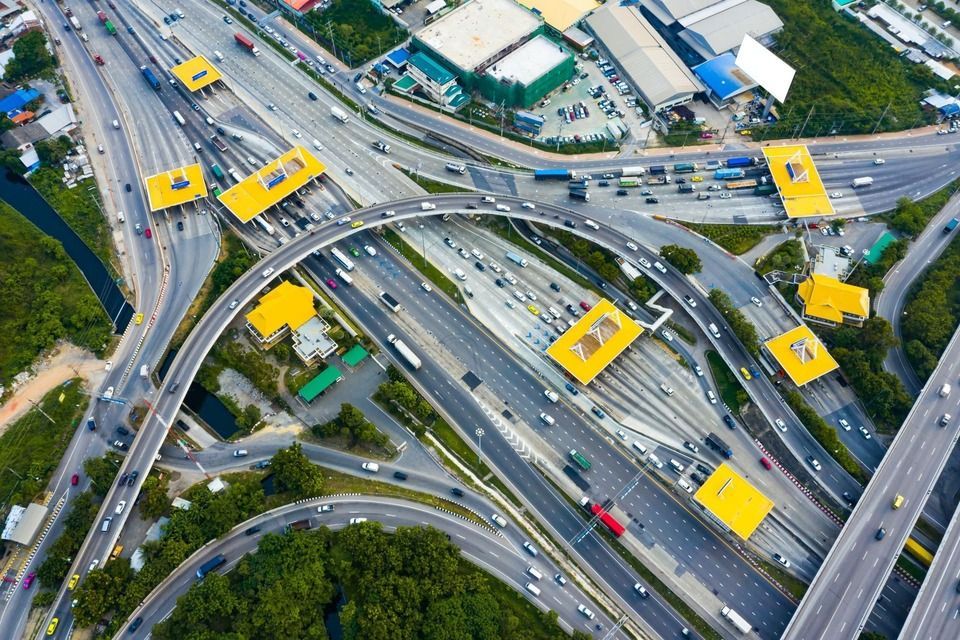
O'Hare International: A Cargo Powerhouse
Chicago’s infrastructure advantage isn’t limited to ground transport. O’Hare International Airport is one of the busiest cargo airports in the United States, handling over 2 million metric tons of freight annually. Its central location enables efficient air cargo distribution to and from Asia, Europe, and Latin America.
O’Hare’s Northeast Cargo Area—a $220 million redevelopment project—has added hundreds of thousands of square feet in modern cargo space. Carriers like FedEx, UPS, and DHL operate expansive hubs here, making O’Hare a key node in international supply chains.
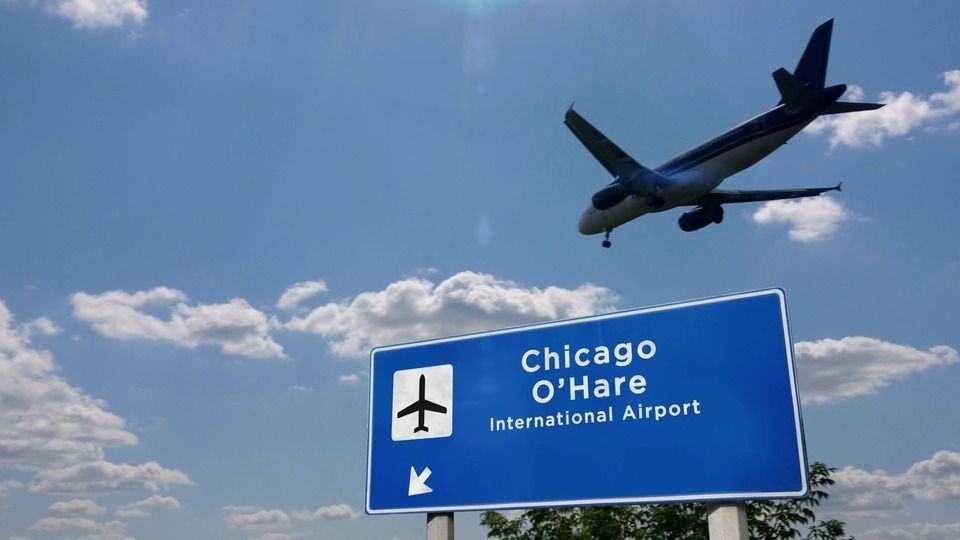
Inland Port Access: Chicago's Waterway Connection
Intermodal Infrastructure: Where All Modes Meet
Perhaps what truly sets Chicago apart is its intermodal capability—the ability to transfer goods efficiently between rail, road, air, and water. The CenterPoint Intermodal Center in nearby Joliet and Elwood is one of the largest inland ports in North America, with direct rail connections and expansive warehousing.
This flexibility is the backbone of modern “just-in-time” supply chains, where delays in one leg of the journey can ripple globally. Chicago’s intermodal infrastructure minimizes those delays and makes it one of the most efficient logistics hubs for freight transport by shipping container, in the world.

Availability of Shipping Containers in Chicago
Due to its global intermodal infrastructure, there is an array of depots, and all accompanying service vendors, available to store, service, and deliver shipping container inventories in the Chicagoland area. As a result, shipping container availability tends to be high in the Chicago area. Given all of this, shipping container availability depends on a complex set of issues, with different implications all along the functional supply chain.
With its roots in Chicago, Container Management, Inc. is well positioned to capitalize on its network of depots, refurbishing shops, maintenance yards, and trucking companies to serve its customers with the highest level of support and service.
Investing in the Future
Infrastructure is not static. As global trade evolves and pressures mount—from climate change to automation—Chicago continues to adapt. Projects funded by the Infrastructure Investment and Jobs Act (IIJA) are supporting upgrades across the region, from bridge repairs to smart traffic systems.
Chicago is also investing in green infrastructure, electric vehicle logistics, and digital tools to monitor freight movement in real time. These forward-looking projects are essential to maintaining the city’s status as a global trade lynchpin.
Conclusion: The Global Trade Engine in the Heart of the Midwest
Chicago may not sit on an ocean, but it connects the world. Through its rail yards, runways, roads, and rivers, the city moves more than goods —it moves economies. Its infrastructure has been built, expanded, and modernized over generations to support the flow of containerized global trade. As the world continues to change, one thing remains clear: the future of global commerce still runs through Chicago.
Contact Container Management, Inc. if you need to purchase shipping containers in the Chicago metro area for your business or personal use.
